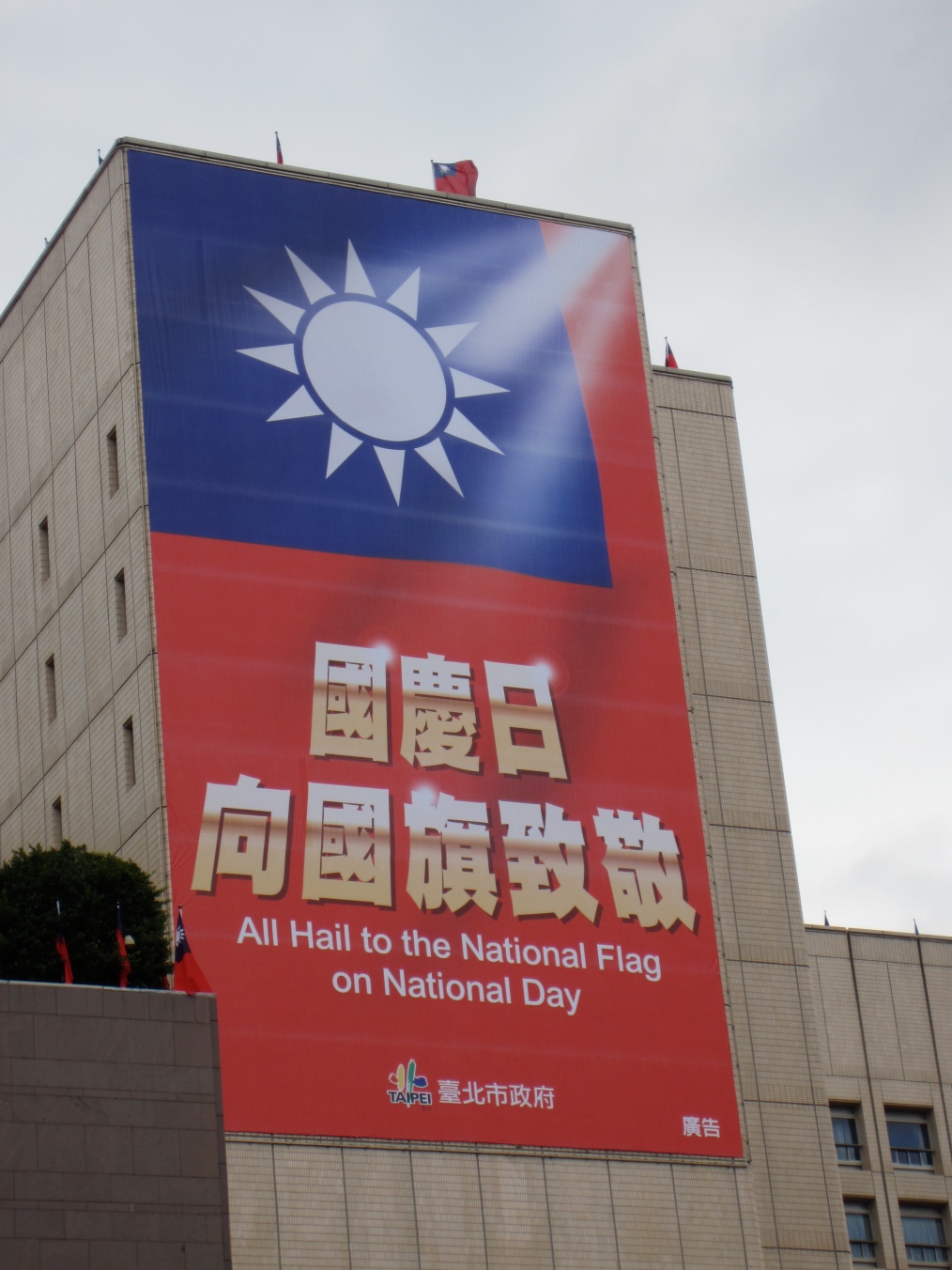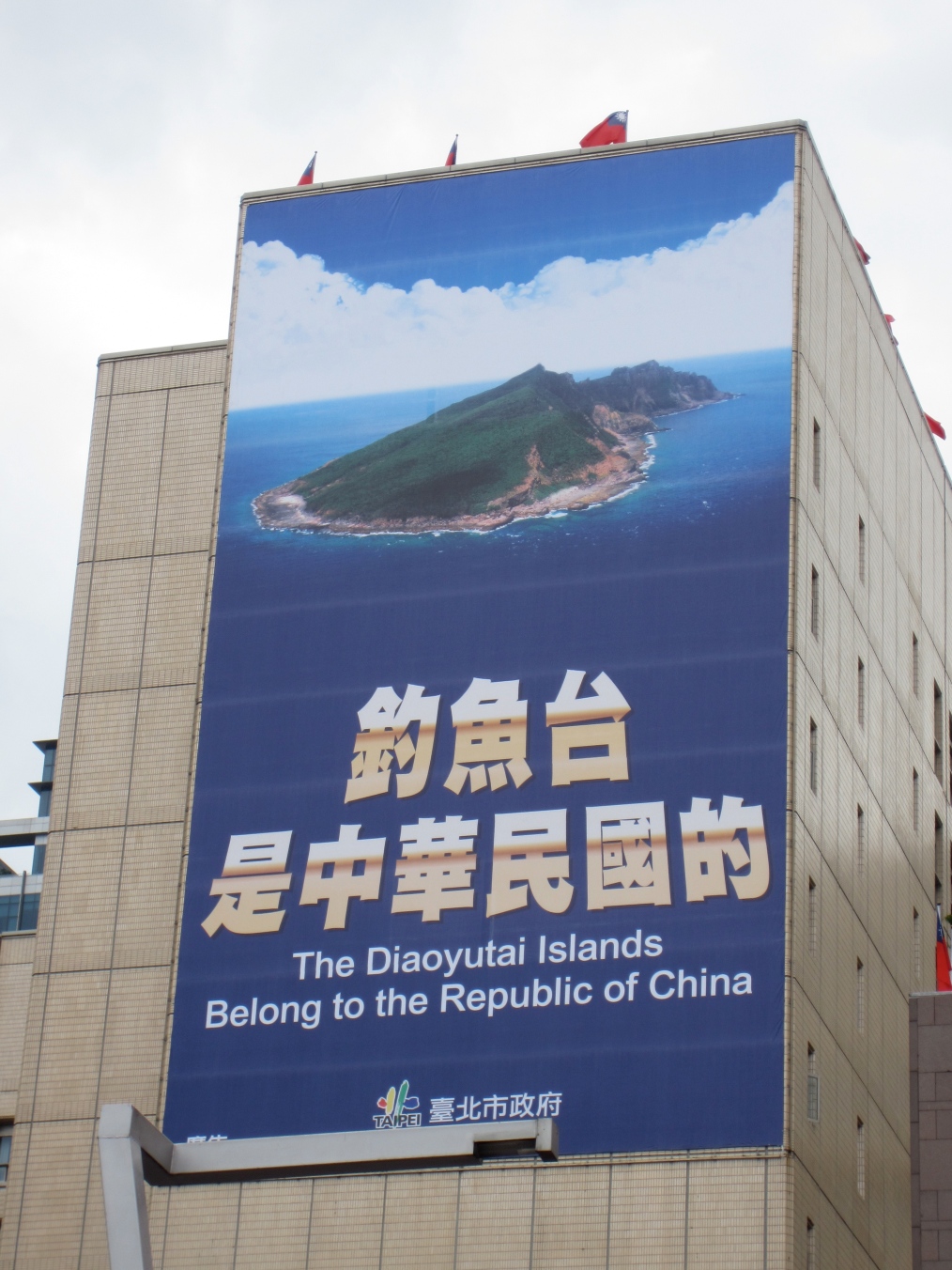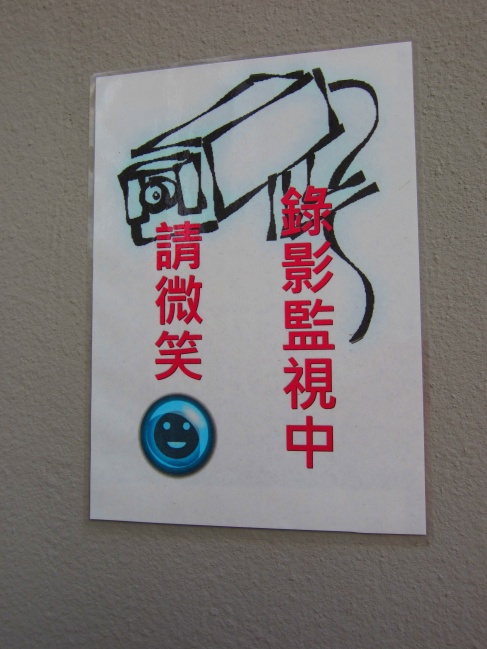So I think I’ve had that experience that so many people told me I would have abroad… the one where you get lost, things DO NOT go as planned, and it turns out better (although very different) than you thought. Last weekend a group of classmates and I went to Hualien (see the photos just uploaded! BEAUTIFUL.) Hualien is famous for its Taroko Gorge, which we all went to on Saturday. On Sunday two of my friends and I decided to go to a place we’d heard about called the Sugar/Mochi Factory (Hualien is also famous for its mochi)… Still not sure if the factories are different places, if they both exist, or they’re the same place with two different names. The research we did online the night before gave us little info about how to get there so we went to the information center near the train station in Hualien to see if they knew anything about the place(s.) They seemed to know what we were talking about and told us to get on a particular bus and that it would take us there. We bought our tickets for what we thought would be at most a half hour ride…not sure why we made this assumption, it wasn’t going off of anything. It turned out to be the last stop the bus made so an hour and a half later we were asking the bus driver if he knew how we should walk there from the bus stop. He, like the women at the information center, seemed to know what we were talking about, and offered to drop us off as close as he could get. When he stopped he pointed in a direction and we were on our way, in the rain, with out any real idea where to go… We were NOT in Taipei anymore. We were the only foreigners in sight, and much of what was around us was farmland. We guessed to turn right when we got to an intersection. We walked a bit more, and at this point we were truly lost. But the right turn happened to be a happy guess!
What we stumbled upon next was a center of little shops full of aboriginal Taiwanese gifts, tea shops, and a Mochi store! Just for reference, this place is what I would consider the middle of absolutely nowhere, so I think we were fair in thinking we were on the right track to finding the factory. Busses of Taiwanese and Chinese tourists came every half hour, and all immediately went to the ice cream stand in the complex. First, we stopped to eat at “Taiwan Dumplings,” where of course, we ate dumplings, and for less than 2USD I might add, the further away we get from Taipei, the cheaper everything becomes. Then we decided to look around the shops as we asked people if they knew what we were trying to find. The shops were nothing like we would find in Taipei, even in the crafty night markets. They sold everything from aboriginal style jewelry (Hualien is home to one of many aboriginal groups in Taiwan, the Yami), to locally grown tea and coffee. While shopping and testing the many mochi flavors we continued to ask around about where the factory was. They all pointed in the same direction, so we crossed the street and entered the building they seemed to be pointing at. We entered “The Tea House” and were immediately welcomed by the family running the shop with a tea ceremony to test the locally grown tea. Before we could ask them where they thought we should go next, I was buying two tins of loose tea… it would be rude, I think, to go through the testing and not buy any, and it was great tea! We asked about the factory and they clearly pointed to where we had just come from. They said the “factory” is famous for its ice cream. We finally realized at that point, that we were not going to find the factory.
No one was the least bit upset at how our day turned out. Being in this new place, so unlike where we have been living for the past three months made us realize that Taipei is far from all Taiwan has to offer. Of course, I love Taipei, but it far from represents everything in Taiwan. The small family owned shops with handmade crafts, the best mochi I’ve ever had, aboriginal culture and hospitality, all in this complex in the middle of farmland, all so far from Taipei reminded us how important it is get out and get lost. We decided we needed to try the ice cream (the green tea was delicious!) and laughed over how fun poor planning can turn out.




